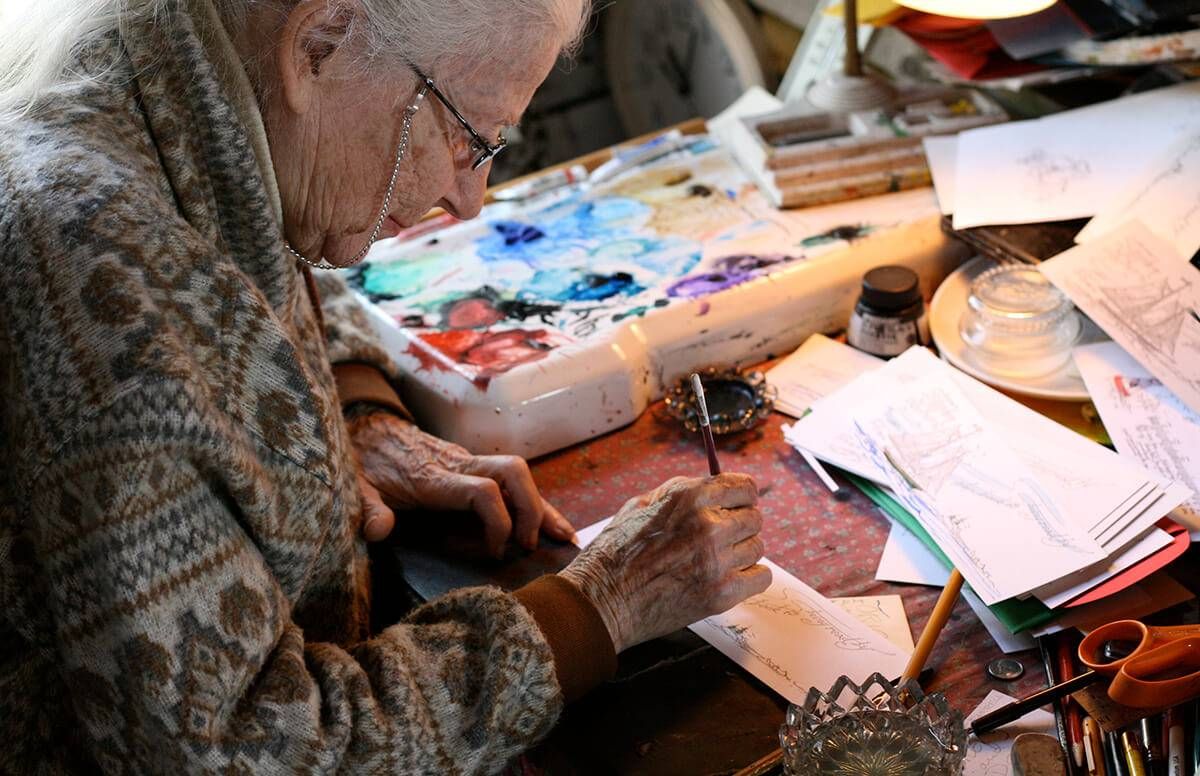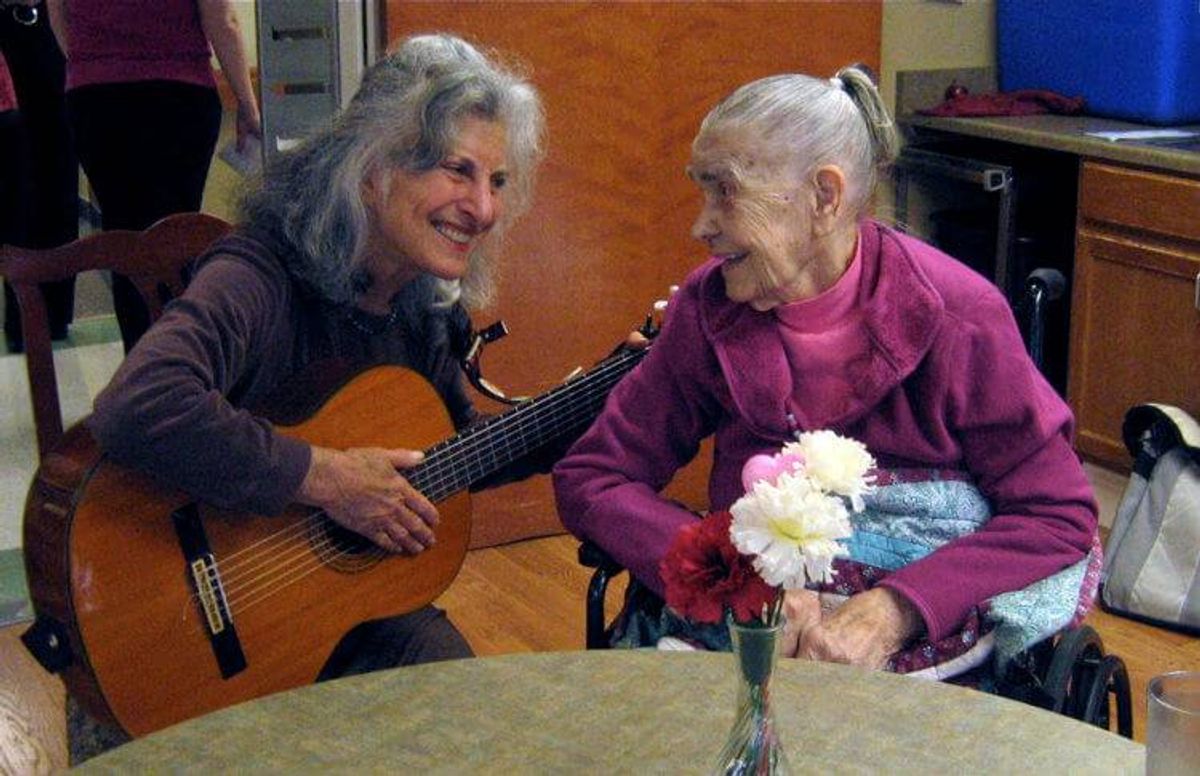Whom Do Arts Benefit Most? Older Adults
Engaging in creative activities can be powerful medicine for aging challenges
There’s a lot of anecdotal evidence to support the idea that engaging in arts has benefits for older adults, but what about hard evidence? Over the past few months at Next Avenue, we’ve been sharing stories of the mounting body of research in the field of creative aging.

Increasingly, science is providing insight into what practitioners and participants already feel in their bones: the arts are good for you. A recent article from Createquity summarized several of these findings. A team of writers from the research-focused arts blog conducted a survey of studies and literature and found that “the most compelling evidence of the value of the arts revolves around improving the lives of older adults.”
“While extending the so-called golden years can be a blessing,” they wrote, "challenges include deteriorating health, social isolation, loss of loved ones, and life transitions. Fortunately, research shows that arts-related interventions can help (in some cases, more so than traditional Western medicine). In particular, there is substantial causal evidence that participatory arts activities help to maintain the health and quality of life of older adults.”
Encouraging Findings About the Arts and Aging
In particular, the researchers found (and I quote):
- Singing improves mental health and subjective well-being (i.e., perceived quality of life)
- Taking dance classes bolsters cognition and motor skills, and even lessens the likelihood of developing dementia later in life
- Playing a musical instrument has myriad positive effects, including dementia risk reduction
- Visual arts practice generates an increase in social engagement, psychological health and self-esteem
Read More
You can read the full article here. For more stories about the benefits of arts participation for older adults — plus ideas and inspiration for getting involved — follow our Artful Aging special report.


